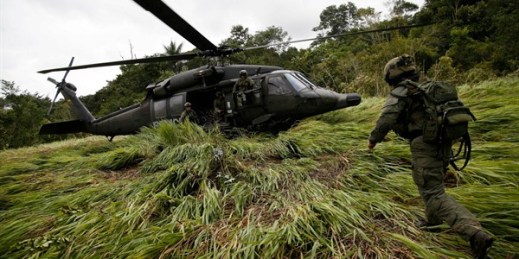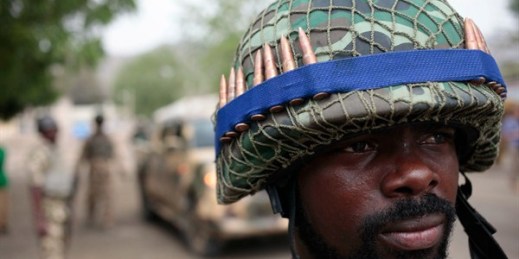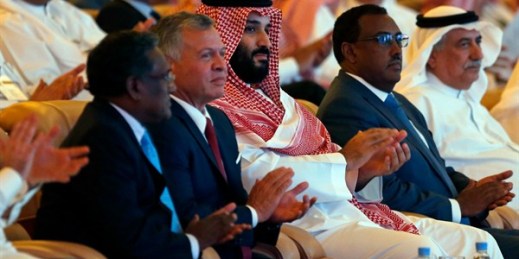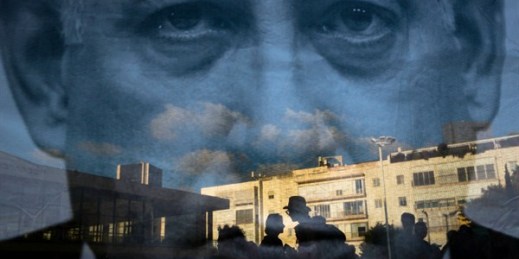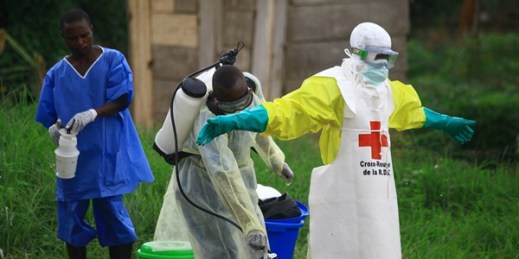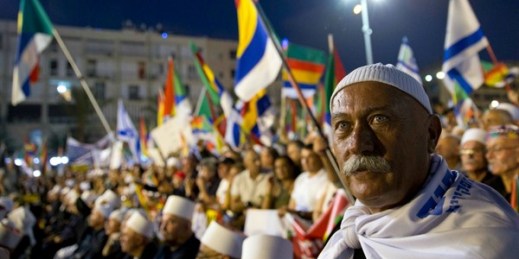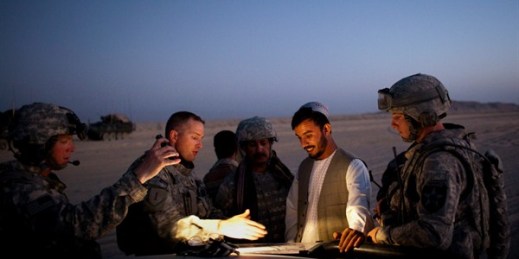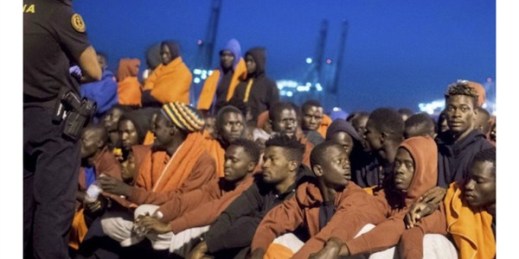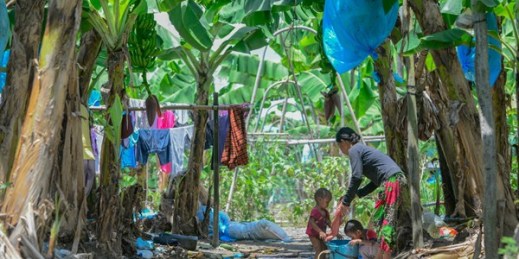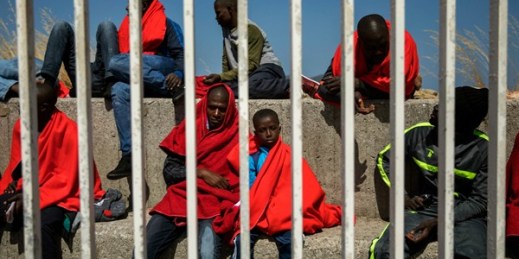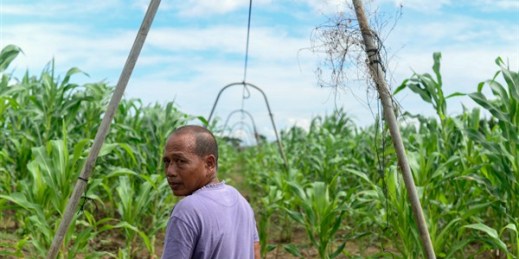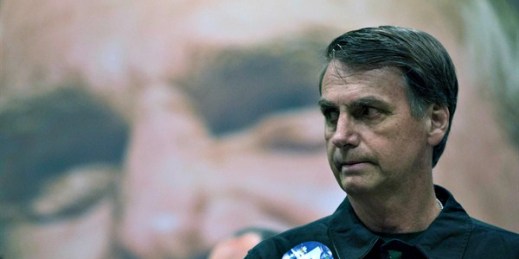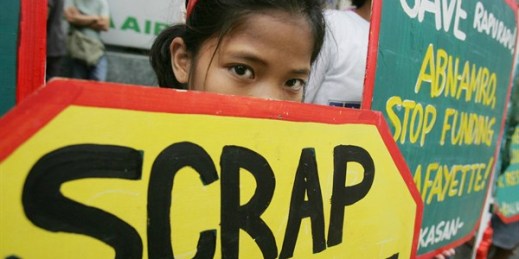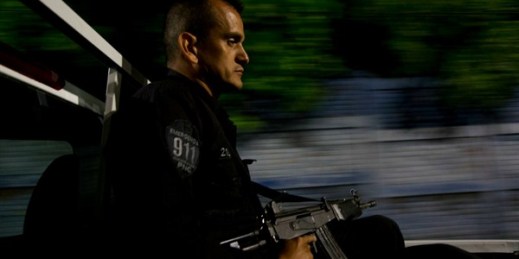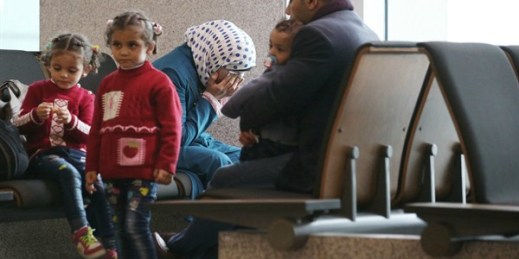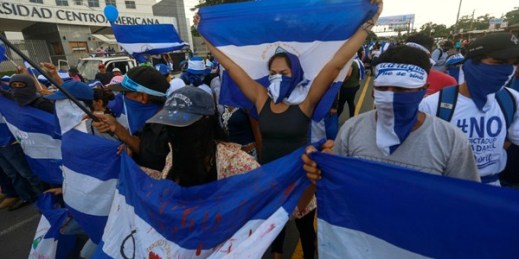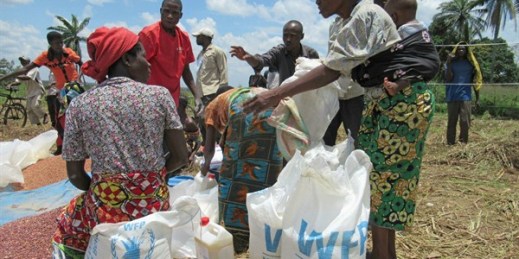
The United Nations is sounding the alarm over the large-scale and ongoing expulsion of migrants and refugees from Angola, which has triggered a humanitarian crisis along its border with the Democratic Republic of Congo. So far this month, nearly 330,000 people have been forcibly deported from Angola into the Congolese border regions of Kasai, Kasai Central and Kwango. On Friday, Michelle Bachelet, the U.N.’s high commissioner for human rights, warned that the migrants face an “extremely precarious situation” and raised the prospect of renewed communal violence in an unstable region. Six people have already been confirmed dead, reportedly at the […]

